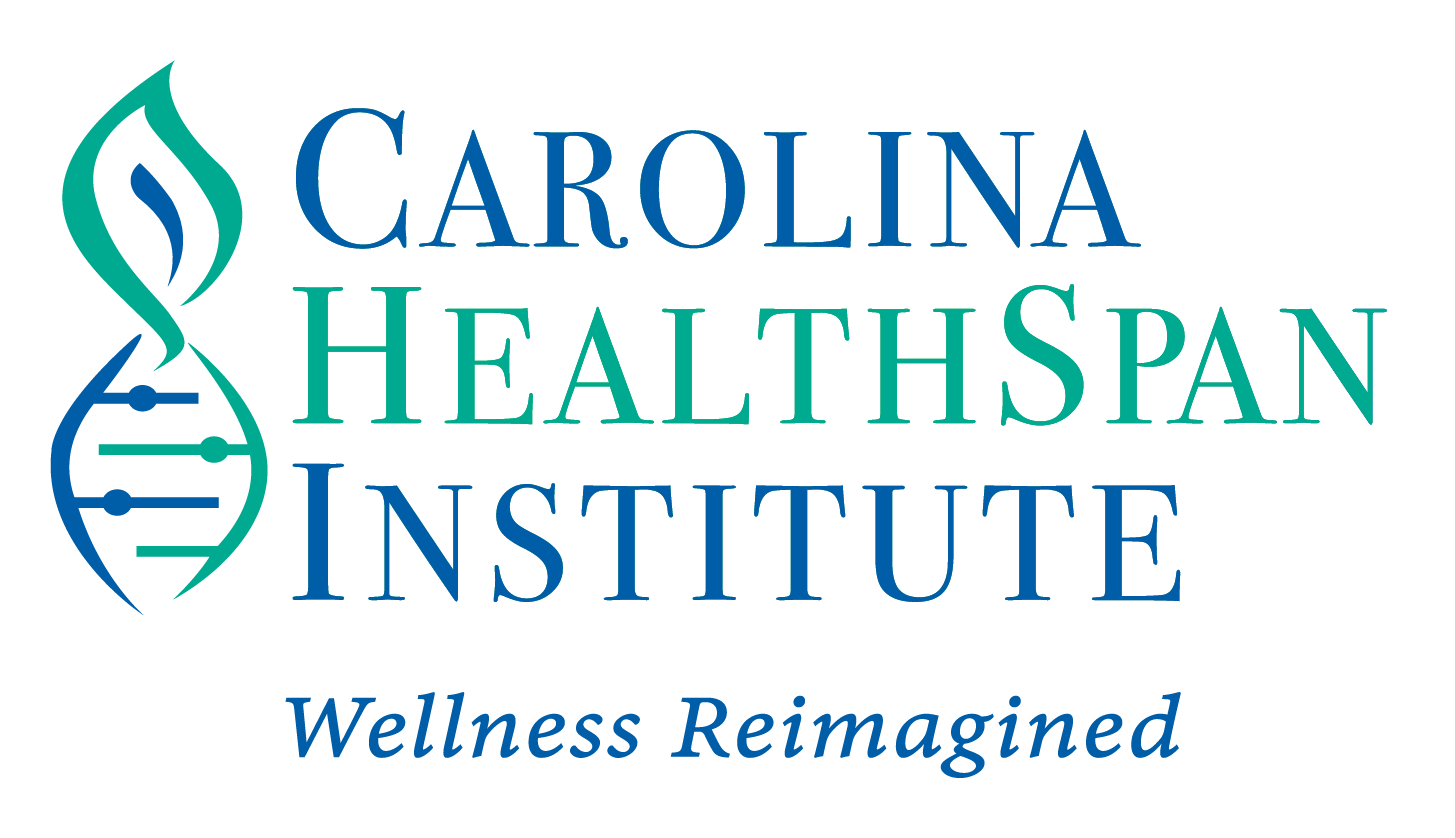Giving birth can create a jumble of powerful emotions. From excitement and joy to fear and anxiety. But it can also result in something you may not expect – depression.
Many new moms experience the “postpartum baby blues” after childbirth, which commonly include mood swings, crying spells, anxiety and difficulty sleeping. Baby blues typically begin within the first two to three days after delivery, and may last for up to two weeks.
But some new moms experience a more severe, long-lasting form of depression known as postpartum depression. Postpartum depression isn’t a character flaw or a weakness or anything to be ashamed of. It is a natural occurrence and can easily be treated.
Postpartum depression is a very common malady, which has perplexed clinicians for many years. If one really thinks about the role of hormones during pregnancy, it’s not difficult to understand why, at the time of delivery when the placenta is removed from the intrauterine cavity and along with it, massive hormone production, why a woman would experience some significant changes in her psyche. That massive decrease in hormone effect coupled with the responsibilities of a newborn baby, lack of sleep, and other psychological factors, would portend a depression in most people.
For years, this malady has been treated with anti-depressants, with varying degrees of success, but if you really think about it, the treatment option that should work best is to treat the underlying problem. That underlying problem is a massive shift in hormone effect caused by the delivery of the placenta. The placenta manufactures most of the massive amount of hormones responsible for maintaining a healthy pregnancy. Simply replacing those hormones lost during delivery and increasing your levels back to normal will help alleviate symptoms of postpartum depression so you can enjoy being a mother!
